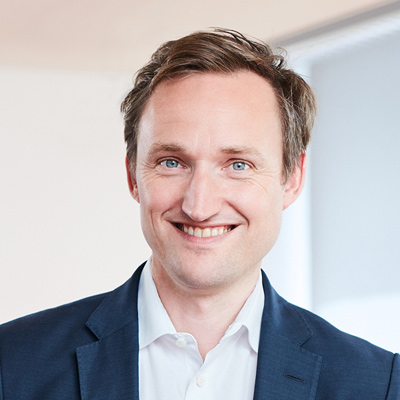Contractual Agreements in Software Developments
You are planning to have a software developed for your ventures?
Frequently asked questions in this context include: How can the client ensure that the individually developed software does not fall into the hands of third parties and how can the developer or the development team be motivated in the long term to further develop the software in the interests of the client?
Rights to a software
As a general rule, the client should contractually agree that he is entitled to the rights to the individually created software. For developments that arise within the framework of a permanent employment relationship, this is only relevant to a limited extent, since work results that have arisen during the duration of an employment relationship are generally due to the employer ("Employee Invention: What to consider?" 4/2020).
In the case of commissioning a work contractor to provide a functional software solution for a specific problem, it is advisable to define contractual provisions in advance. Experience shows that the contractor for work and services is more likely to take the position that the developed software building blocks (modules, procedures, functions, etc.) could also be utilized by him elsewhere.
The possibility of secondary use for software building blocks
Depending on the situation, it may be in the strategic interest of both parties if the client grants the software developer a secondary exploitation option for the developed software modules. The option of secondary utilization often has a high motivating effect and generates creative work results.
In daily practice, it has been shown that written agreements that permit secondary use in certain, firmly defined areas are advantageous, since it is in any case difficult or impossible to control whether developed software building blocks are also used in another context or not.
In this course it should be contractually regulated that an exploitation, which stands in direct competition with the goals of the client, is forbidden. Experience has shown that the setting of contractual penalties is accepted by the developers if, in return, fair solutions are found with regard to the possibilities of using software modules outside the respective project.
Information sharing throughout the development process
The open and transparent exchange of information between the contracting parties enables all those involved to maintain an overview of the development work. In this way, possible critical points regarding the progress of the project, the type of programming involved, etc. can be identified and dealt with at an early stage.
Patent or utility model protection
A special situation arises if the software development includes protectable aspects that are protectable as patents or utility models. The client should secure these IP rights to software-based inventions.
Contractual arrangements should also be made for this as early as possible. Careful consideration is necessary in order to have a realistic assessment of whether there is actually a chance of legally effective protection before filing a patent or utility model application. The patent attorneys of the firm will be pleased to advise you, also in the development of contractual conditions.
Regarding Justus Kreuels:

Justus Kreuels, German and European Patent Attorney since 2011/2012, studied mechanical engineering at the TU Munich and the RWTH Aachen. He is co-founding partner of karo IP. A main focus of his practice is the enforcement of intellectual property rights in the field of mobile communication, Internet of Things (IoT), robotics, etc. in Germany.
